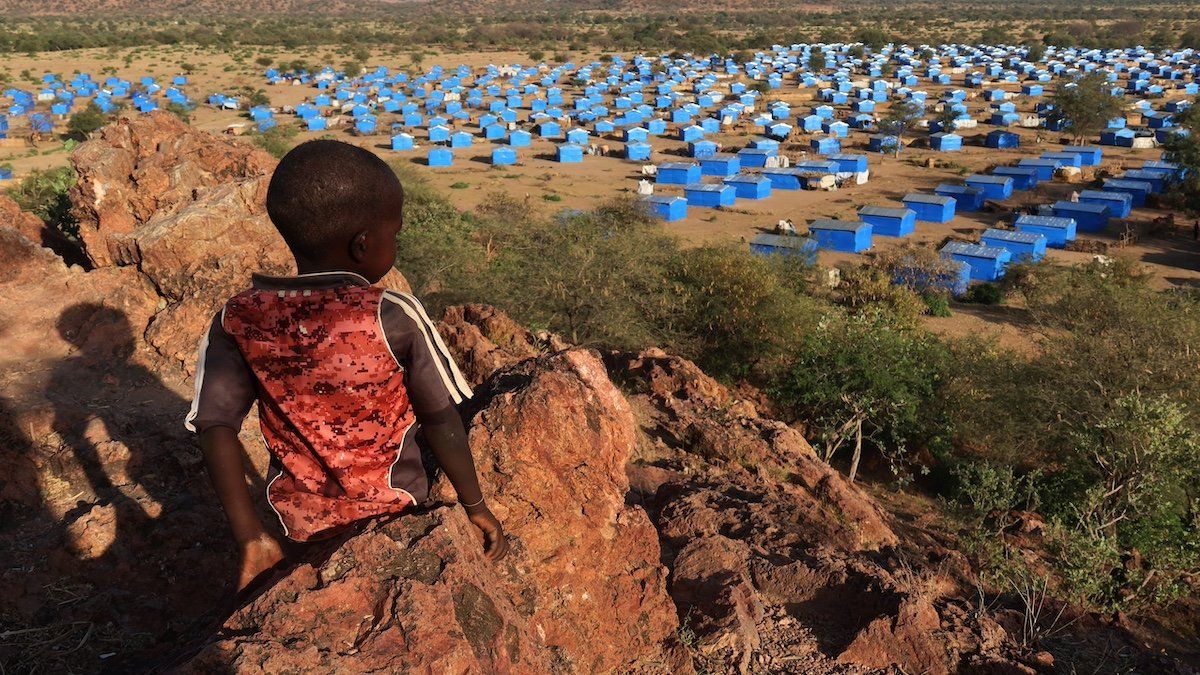On Saturday, the Sudanese Army fended off an attack by the Rapid Support Forces on the city of el-Fasher in the western region of Darfur. Hundreds of thousands of civilians are sheltering in the city, the final stronghold of government forces in the region, having escaped unspeakable horrors perpetrated by the RSF and allied Arab militias.
The clashes around el-Fasher lasted several hours and included strikes on heavily populated areas. The Army may have won this weekend, but the RSF maintains control of the hinterlands and will likely attempt to take the city again. The more remarkable part, however, is that the Army acted to protect civilians.
Last week, Human Rights Watch published a landmark report on earlier violence in Darfur, based on over 220 interviews with civilians. It showed that as RSF and allied fighters systematically raped, tortured, and murdered Masalit people, the Army forces simply stood by.
The Masalit and other Black ethnic groups in southern and western Sudan were the traditional targets of Arab slavers from the north. That ethno-religious conflict has formed part of the basis of multiple civil wars since Sudan’s independence, and the Masalit, in particular, were already viciously persecuted by Janjaweed militias starting in 2003.
The violence resurged after a Masalit governor, Mohamed Abdalla al-Doma, took power in West Darfur in 2020. Local Arabs in the capital el-Geneina demanded protection from the RSF – which evolved directly from the Janjaweed militias – and the fighting has been worse there than anywhere in Sudan apart from Khartoum.
The HRW report estimates up to 15,000 people died in the province between April and November 2023, with survivors recounting staggering sexual and physical violence. One woman, Karima, age 26, says men went door to door in her neighborhood, executing male civilians. When they reached her house, they beat her and raped her three times at gunpoint.
She and over half a million survivors have now fled to eastern Chad, where they live in desperate conditions in refugee camps. It’s a perverse homecoming for some who grew up in similar camps two decades ago.
Once again, the international community is struggling to find time for Sudan. The Biden administration marked the one year anniversary of the present war last month by issuing an executive order authorizing sanctions on Sudanese leaders — pretty weak tea. The UN authorized a factfinding mission in October 2023 that has been unable to carry out its mandate, while the World Food Programme’s appeal for aid for Sudan was only 5% fulfilled in February.
Failing to protect civilians like Karima isn’t only a tragedy; it undermines confidence in the international order, particularly in Africa, the continent that will drive the world’s population and economic growth in the coming century. It’s also a damning reflection of the international community’s commitment to human rights and justice.
